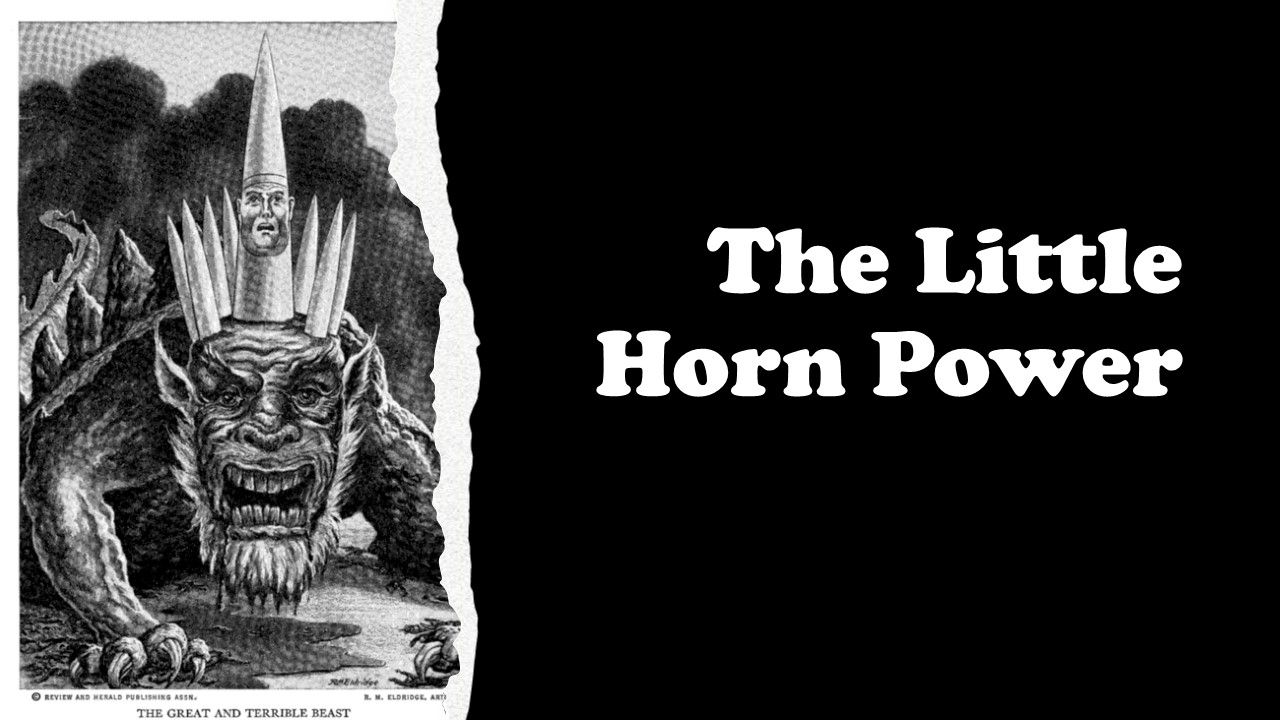In the Book of Ezekiel, the shepherd metaphor is richly employed to describe various themes and messages. Initially, it depicts the leaders of Israel as shepherds responsible for the well-being of their 'flock', the people of Israel. Ezekiel criticizes these leaders for being negligent and self-serving, exploiting rather than caring for the flock, symbolizing their failure in guiding and protecting the people. This neglect leads to the disunity and dispersion of the Israelites, especially highlighted during the Babylonian exile.
In stark contrast, God is portrayed as the true Shepherd, caring for and protecting His people, highlighting His commitment in contrast to the corrupt human leaders. This includes divine judgment against these bad shepherds, a promise of restoration for the scattered flock, and the provision and protection of the sheep. Ezekiel's vision culminates in the prophecy of a righteous shepherd, a descendant of David, interpreted in Christian theology as pointing towards Jesus Christ, the Good Shepherd.
In the Gospel of John, Jesus' declaration of being the Good Shepherd reflects this rich symbolism. Unlike hired hands, Jesus exhibits the ultimate love by laying down His life for His sheep, signifying deep, unconditional love and commitment.

What are some verses in the Book of Colossians on which we ought to meditate? Scriptures referenced include 2 Corinthians 3:18; Romans 12:2; Ephesians...

In the prophetic visions of Daniel 7 and 8, the “little horn” emerges as a pivotal symbol, embodying a significant entity within biblical prophecy....

In Episode 3 of our Christmas Special, “The Innkeeper’s Wife,” the inn's common room becomes a vibrant forum for theological debate, sparked by merchant...